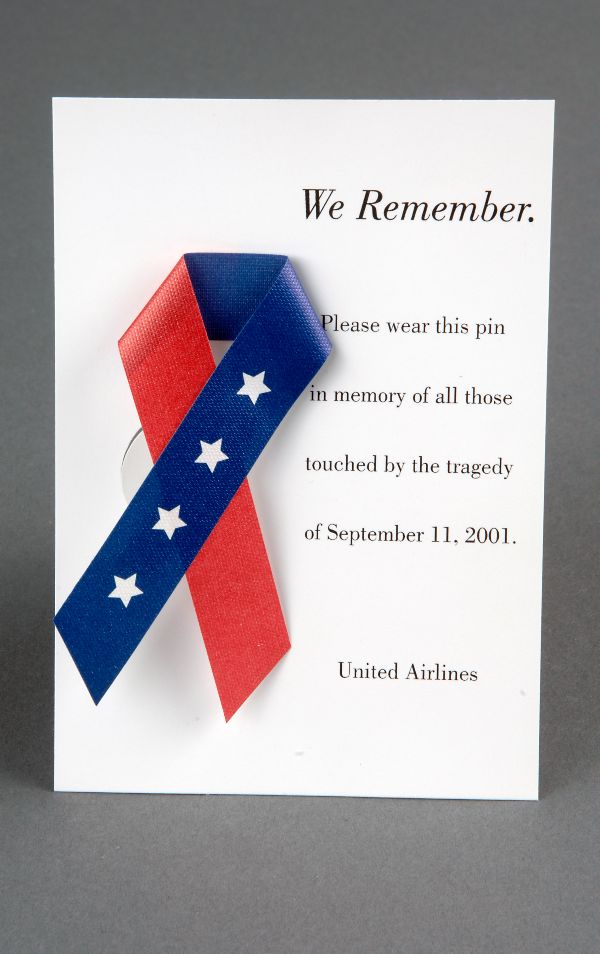| The National Museum of American History will commemorate the 20th anniversary of Sept. 11 with three panel discussions centered on the theme of “Hidden Stories, Hidden Voices” to explore little known impacts on New York’s Latino/a and Chinese American communities as well as how artists from these communities have portrayed the attacks and their impact.
Hidden Stories, Hidden Voices: Portraits of Manhattan’s Chinatown
Wednesday, Sept. 1, 7 -8:30 p.m. EDT
Virtual
Free registration at Eventbrite: https://www.eventbrite.com/e/164209253297
New York’s Chinatown was one of the neighborhoods in the vicinity of the World Trade Center. In this panel, members of the Manhattan Chinatown community will explore the long-lasting effects of the Sept. 11 attacks, ranging from health, economic, and societal effects as shared through first-hand accounts. This program is hosted collaboratively with the Charles B. Wang Community Health Center and the Museum of Chinese in America.
Hidden Stories, Hidden Voices: Art in the Aftermath
Thursday, Sept. 9, 7-8:30 p.m. EDT
Virtual
Free Registration at Eventbrite: https://www.eventbrite.com/e/164209738749
Whether through documentary photographs or fine art, artists have been telling the story of how September 11 affected their communities. Through their practice, these creators were able to capture not only a historical recording of the immediate aftermath of the attacks, but the intense spectrum of emotions and incredible community resiliency in the face of immense adversity. In this panel, audiences will hear from artists as they share their stories of how their experiences of September 11 shaped their artistry, community, and the world at large. This program is hosted collaboratively with the Museum of Chinese in America and El Museo del Barrio.
Hidden Stories, Hidden Voices: LatinX Empowerment After the Attacks
Friday, Sept. 10, 7 p.m. EDT
Virtual
Free Registration at Eventbrite: https://www.eventbrite.com/e/164209861115
As the twin towers fell, members of New York’s Latina/o community served as first responders, volunteers, organizers and caregivers. Panelists will share their experiences navigating complex immigration policy, worsening health effects and socioeconomic challenges. The panel builds on the museum’s New York City Sept. 11 Collecting Initiative to add stories of the Latina/o experiences as part of the Sept. 11 narrative. This program is hosted collaboratively with the Consulate General of Mexico in New York, the Mexican Cultural Institute in Washington D.C. and the New York Committee for Occupational Safety and Health. |



